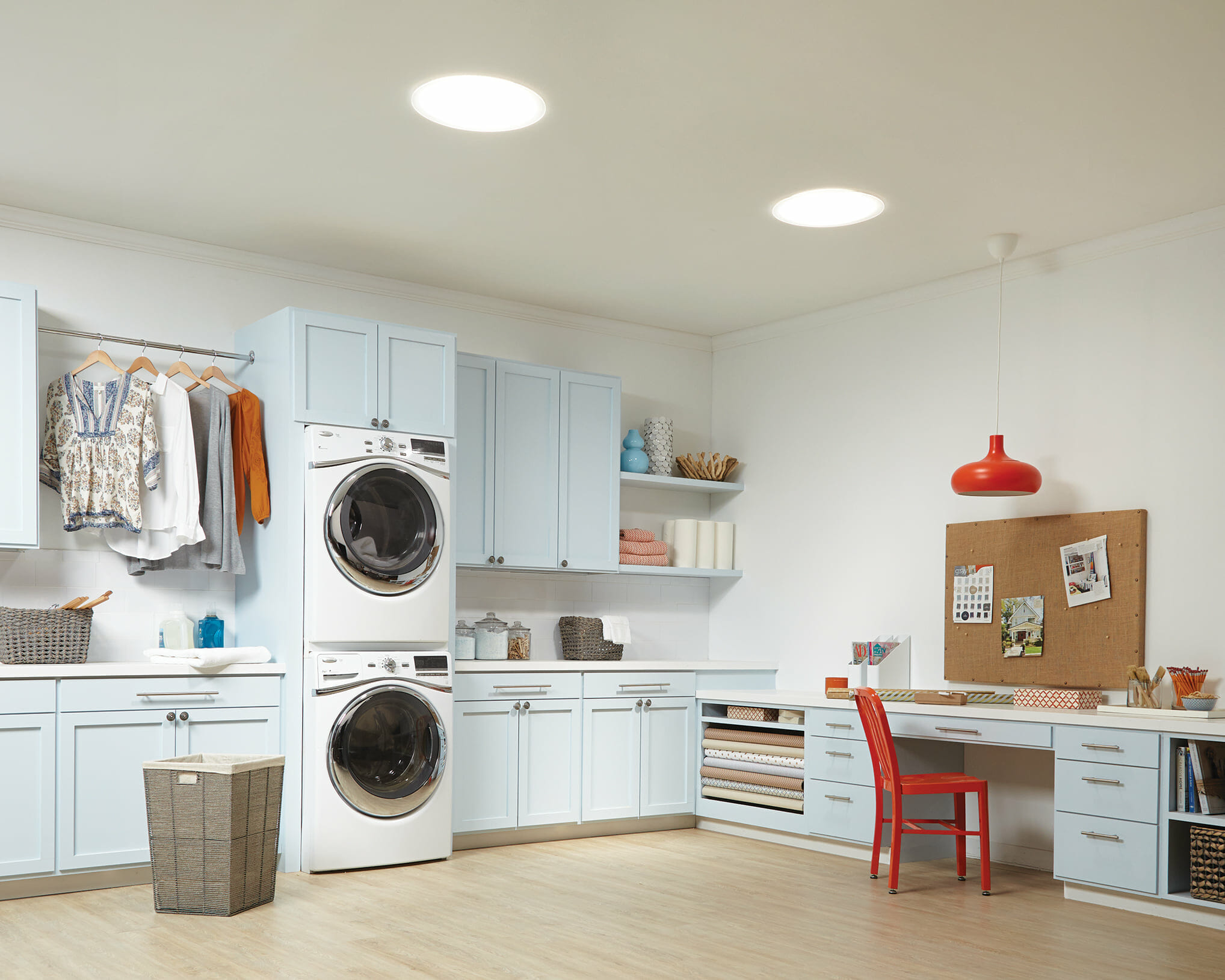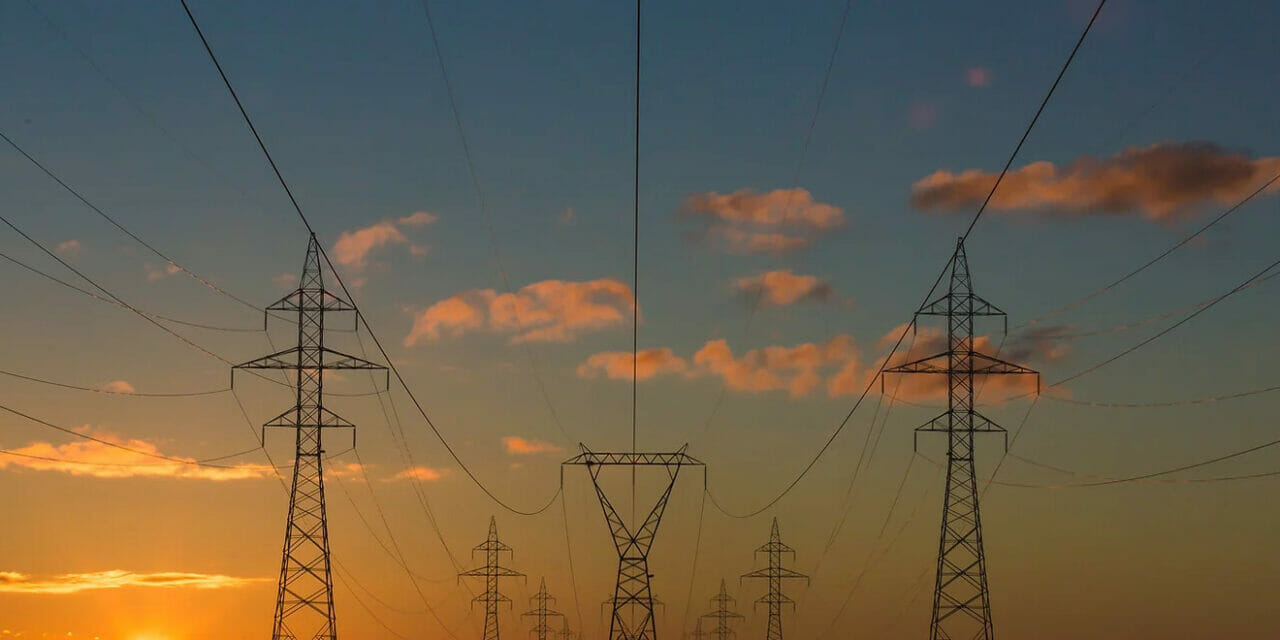The average American household spends more than $2,000 per year on home energy costs, according to the US Department of Energy, with as much as $400 of that going to waste due to a variety of inefficiencies. What would you do with an extra $400+ each year?
Lowering home energy costs has long felt like a never-ending struggle, with yearly price hikes and increased demand during the pandemic and extreme weather events. But greater awareness and the availability of energy-efficient home upgrades are making it easier for homeowners to save money without sacrificing any comfort or convenience.
The DOE recommends starting with a home energy assessment. A professional energy auditor will use various tools to find areas inside your home that need improvement, but there are other resources available to complete a home energy assessment on your own. The result will be a list of various home energy improvements to make. Don’t let the results of your assessment get you down — while every home is different, many homes struggle with the same costly issues, and many are easy to fix.
Home Ventilation
Of the $2,000+ Americans spend each year on energy bills, the largest share usually goes to space heating and cooling, making up 42% of energy costs according to the DOE’s ENERGY STAR® program. It’s no surprise then that heating and cooling systems are among the top-three most inefficient home appliances, behind old refrigerators and clothes dryers.
Luckily, there are some simple, affordable steps you can take to increase your home efficiency before shelling out a lot of money on a brand new furnace or air conditioner. Sealing air leaks with weather stripping or spray foam, adding insulation in your attic, and installing a smart thermostat may sound suspiciously simple, but these steps will take a tremendous strain off your furnace during the winter months, allowing your heating system to operate at peak efficiency when you need it most.

When it comes to reducing home cooling costs, supplementing your existing air conditioning system with affordable, energy-efficient ventilation products like attic fans and whole house fans promises a tremendous return on your investment — operating for pennies an hour and cutting your summer cooling costs by as much as 50-90%.
Attic fans reduce the strain on your AC system by automatically expelling superheated air from the attic, allowing your air conditioner to deliver better cooling effects in your living spaces more efficiently. With solar-powered options available, attic fans can reduce home cooling costs the moment they turn on. Whole house fans make your home cooling system more efficient by replacing hot air trapped inside your home with fresh, cool air from outside. Running a whole house fan when temperatures outside are cool can reduce your AC usage by as much as 90% — even during the hottest days of the year — or replace the need for central air conditioning all together.
Lighting
While lighting accounts for 11% of the average household energy costs, the DOE says there’s still room for more savings — as much as 50-75%. Start by upgrading to energy efficient light bulbs and fixtures that are ENERGY STAR certified, or take it one step further with an affordable home daylighting system.
Sun Tunnel tubular skylights are a great way to bring more light into your living spaces at a fraction of the cost of traditional skylights. Capturing natural daylight through a dome installed on your roof, the light is directed into your living spaces through a reflective tunnel to brighten poorly-lit areas of your home without using electricity.

More Ways to Save
If your budget allows, upgrading old appliances with ENERGY STAR rated options and installing renewable energy products can dramatically reduce your home’s energy reliance, too. Upfront costs may be greater, but reliable, sustainable home appliances will help lower your utility bills for years to come.
There’s help to make renewable energy products more available to anyone, too, including tax breaks and special financing programs. Home upgrades powered by renewable energy (solar, wind, etc.) qualify for a 26% federal tax credit on the entire installation cost (until December 31, 2022) — in many cases adding up to hundreds in additional savings. Colorado homeowners can also take advantage of the state’s Residential Energy Upgrade loan (RENU) program. With rates starting at 2.75% and up to 100% financing on whole house fans, attic ventilation, sun tunnels, and more home upgrades, better home efficiency is available to more homeowners than ever before.
While taking your home completely off the grid isn’t a reality for most of us, reducing your home’s energy footprint is easier than ever before. Lower energy demand means lower energy costs, and more money you can keep in your pocket.
Colorado Home Services
720-734-9514





















